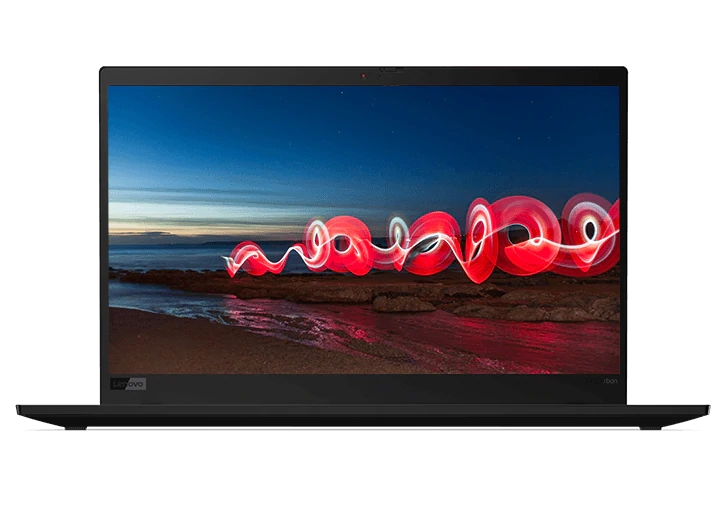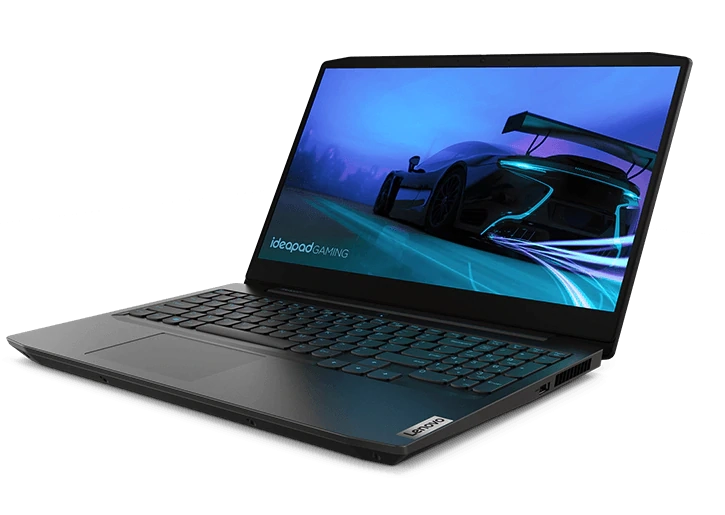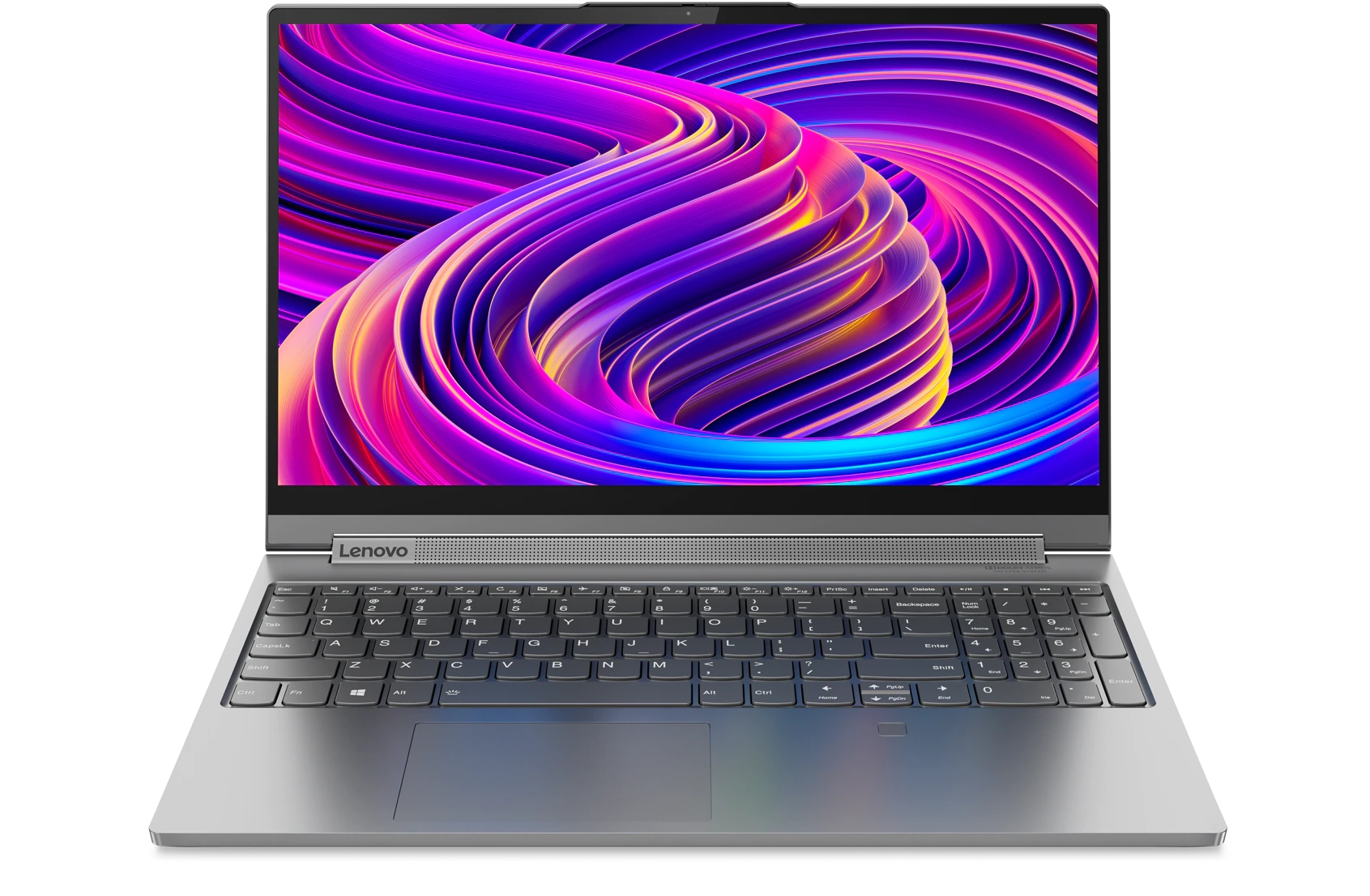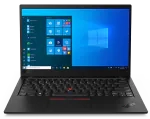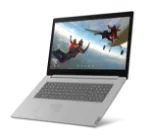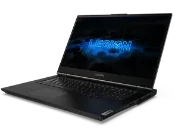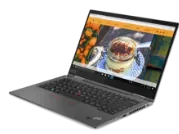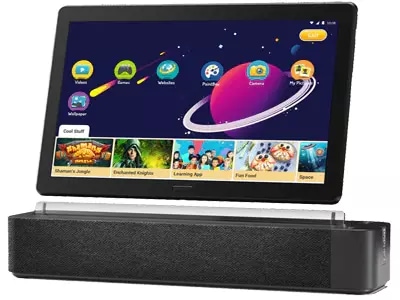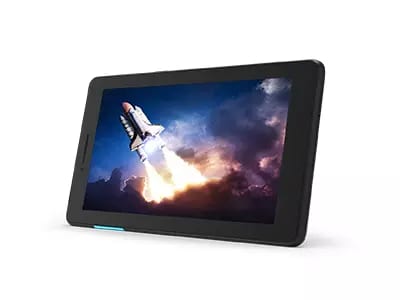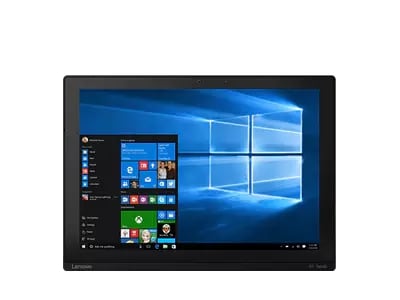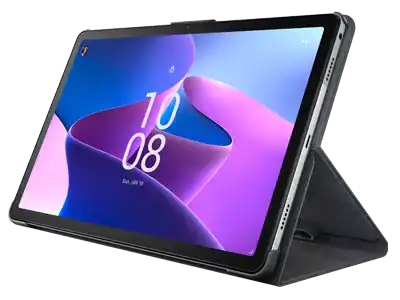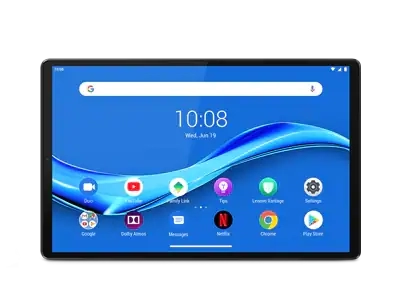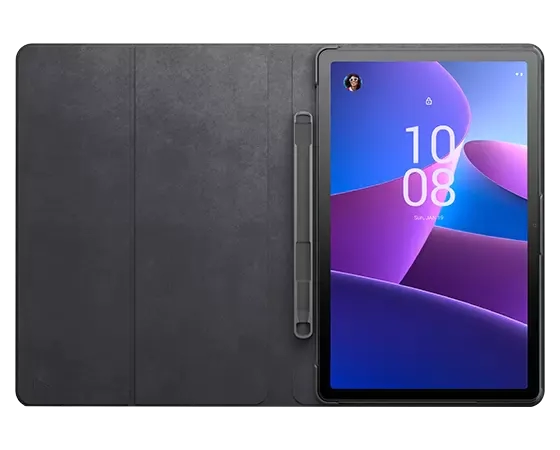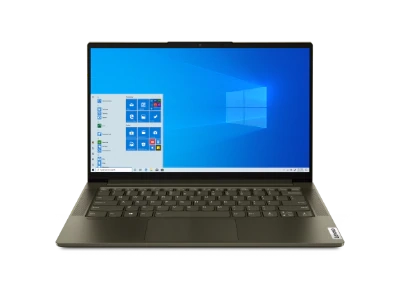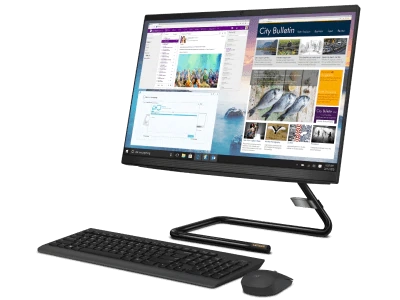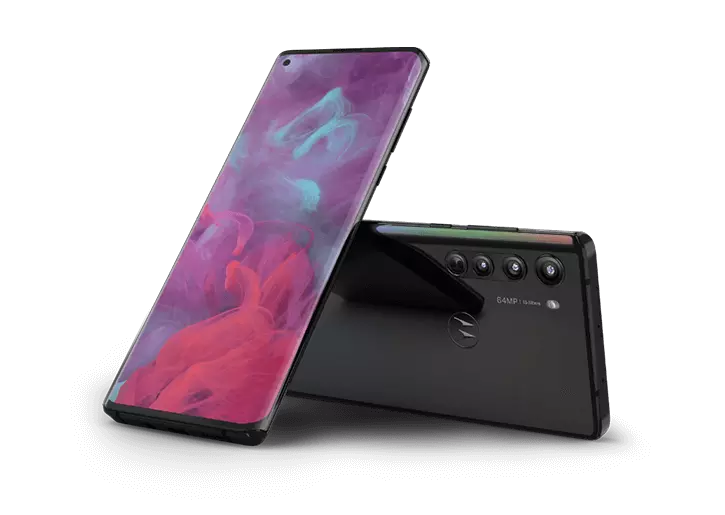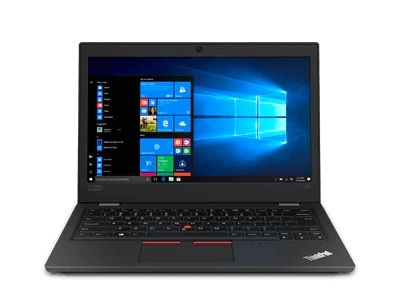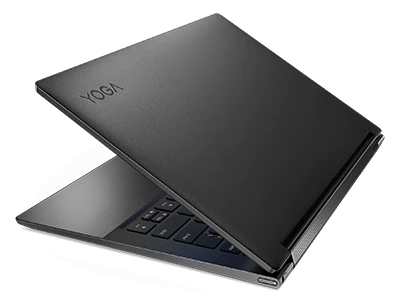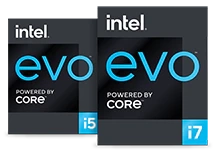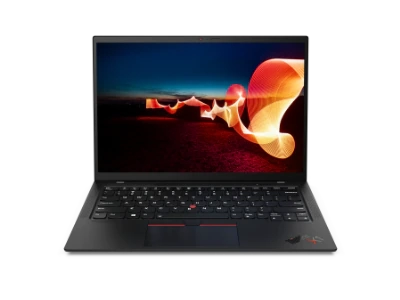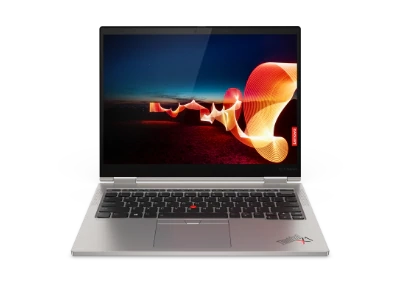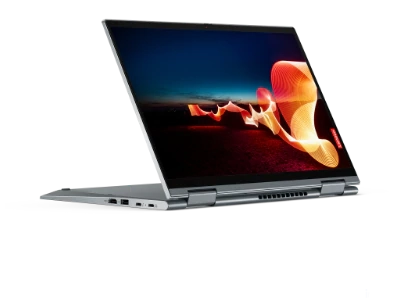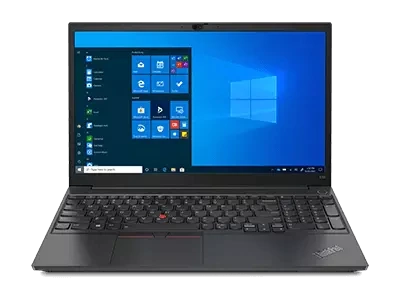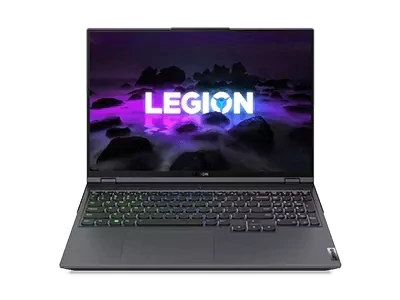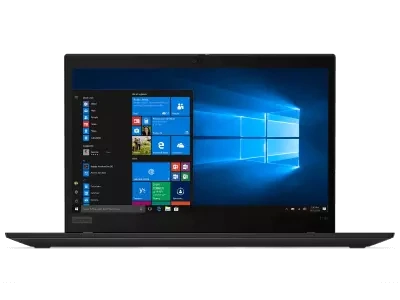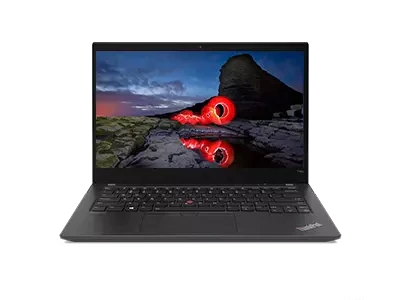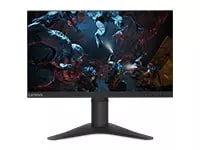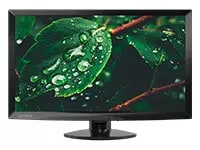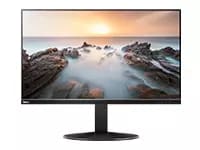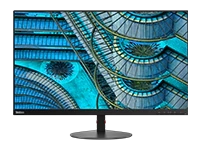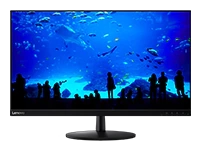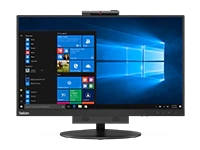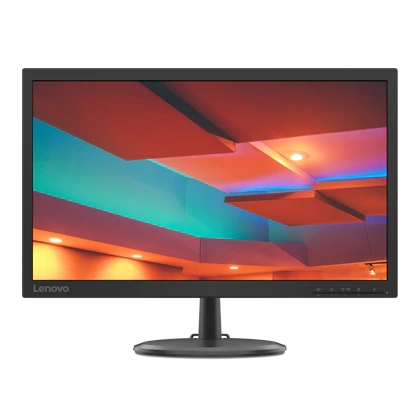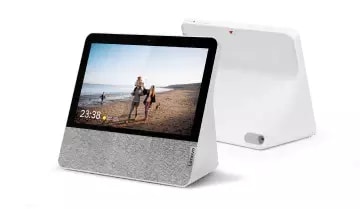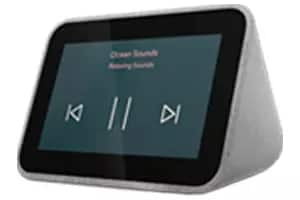What is a Chromebook?
Wondering what all the fuss is about? Chromebooks hit the market in 2011 as a more affordable and easy-to-use alternative to other laptops on the market. They’ve been a huge hit, particularly in schools. They’re easy to maintain, fast to boot up, and hundreds of pounds cheaper than anything else you’ll find on the market. But what is a Chromebook? And is it right for you?
What is Chrome OS?
Chromebooks are a stand-alone category of laptops, different than PC’s that run on Windows and MacBooks that run on Apple’s macOS. Chromebooks run Chrome OS, a different operating system that’s primarily internet-based.
Chrome OS is essentially like using Chrome’s web browser to power your whole laptop. It’s a much simpler, pared-down version of other operating systems. If you’ve used Chrome as a web browser, then you’ve got a good idea of what Chrome OS is like.
Chromebooks run by using an internet connection to run apps and files that are stored online. That means that your Chromebook doesn’t need to have the fastest processor or tons of internal storage. It just needs a good, solid internet connection.
If you primarily use Chrome’s web browser, Google Drive, and any other cloud-based services—then there’s no reason not to consider a Chromebook as your next device.
How is a Chromebook different from other laptops?
MacBooks and Windows laptops need more internal storage and processing power to run. They revolve around programs that you need to download and install to your hard drive. And files that are saved locally to your device.
Because of that, they require larger internal storage and faster processors that can handle the heavy lifting behind difficult-to-run programs.
Chromebooks don’t work like that. How fast your Chromebook runs, is mainly based on your internet quality. A stable connection allows your device to access and run the applications you need for work, school, and play.
How have Chromebooks changed since they were first introduced?
Chromebooks have evolved quite a bit since their 2011 debut. When they first hit the market, they were known as nothing more than cheap laptop alternatives with limited functionality.
Now, while they’re still available at bargain prices, Chromebooks offer a lot more bang for their buck. Think Intel® Core™ processors, full HD displays, integrated fingerprint readers, and digital pen support. You’ve got Chromebooks that are military-grade tested and built to withstand nicks, dings, and drops. They’ll run Android™ apps, and some will even run Linux, too.
As with any laptop, you’ve got your standard clamshell models—that’s your usual open and close laptop variety. Then there’s the next generation, 2 in 1 laptops, and convertibles with a 360˚ hinge. To be clear, 2 in 1 Chromebooks include both tablet and laptop mode. While, 360˚ convertible laptops allow you to swing the screen all the way back and place your device down in laptop, stand, tent, or tablet mode.
While the availability of these options does raise the price, Chromebooks are still well within the reach of many schools, families, and businesses.
How much do they cost?
Not that much. You can expect to pay under £300 for a budget Chromebook, up to £600 for a mid-range, or upwards of £800 for a premium model.
The reason Chromebooks are so cheap is due to their minimalistic operating system. Overall, Chromebooks tend to be lighter, have less processing power, and less internal storage. Web browsing, streaming, and checking email don’t need as much power. Since everything runs on the cloud, there’s no need for heavy-duty hardware and expensive components.
While spending less than £300 on a laptop might seem unbelievable, devices like our Chromebook Duet and Chromebook S330 are quite reliable and effective for their minimal price tag.
When you compare Chromebooks to other laptops, there’s no denying the difference in cost. Even premium Chromebooks are hundreds of pounds less than their Windows and macOS counterparts.
Do Chromebooks have less powerful processors?
Yes. Does that impact performance? Absolutely not.
Chromebooks run fewer programs in the background and more apps via the cloud, so they just don’t need as much power to keep up with the speed and multitasking functionality of a Windows or Mac.
Especially for users who rely on the internet for most of their computing, having the latest processor is overkill.
With that being said, the beauty of a Chromebook is how it has changed over time. Newer models are equipped with the latest Intel® and AMD processing chips for customers that need the extra oomph.
What is cloud storage?
Do you use Google Drive, Microsoft OneDrive, or Dropbox? Those are all file hosting services that use the cloud to store your documents, images, and videos externally. Meaning they aren’t housed on your device.
Google’s Chrome OS runs by using as much cloud storage (instead of internal storage) as possible. Having less internal storage means you don’t need a massively huge RAM or hard drive. But, most importantly, it means more savings for you.
You’ll have more than enough space with our models ranging from 4 GB to 16 GB of RAM and up to 32 GB to 256 GB of local storage. While those numbers might seem low in comparison to non-Chrome OS laptops, it doesn’t affect performance.
Remember: apps, streaming services, and files are stored in the cloud and accessed through your WiFi or internet connection. As noted above, Chromebooks do include some internal storage. But if you need more, you can always save data externally by using a microSD card reader (available in certain models).
What’s the battery life like?
Impressively long. All of those minimal hardware requirements mean Chromebooks need less power to run. Most Lenovo Chromebook models offer up to 10 hours of battery life.*
That’s plenty of time to work, surf the web, and watch movies without having to hunt down your power cord and stay tethered to an outlet.
*Battery test performed under the Google Power Load Test Tool. Individual results may vary based on use.
How fast does a Chromebook take to boot up?
Another perk of Chrome OS? Chromebooks boot up in no time. You can expect up to a ten-second wait before your device is up and ready to go.
Log in to your Google account and start working right away.
Are Chromebooks secure?
Absolutely—and it’s a key selling point. Automatic updates happen every six weeks. And it’s so discreet, you’ll barely even realize your device has updated.
Constant updates mean your data is always safe and your device won’t slow down over time.
Can you work offline?
Yes. It’s no secret that Chromebooks require a stable internet connection. But, as they’ve evolved over the years, so too have their offline capabilities.
When Chromebooks first hit the scene, there was very little you could do without a stable internet connection. Now, however, Chromebooks offer much more offline capabilities that allow users to stay productive without a constant connection. There are now hundreds of apps including Google Drive apps (like Google Docs), Netflix, and Spotify that offer offline functionality.
What apps can you use?
If you already have a Google Drive account, and let’s face it, millions of people do, then you’re Chromebook set-up will be a walk in the park. And if you don’t, it’s a pretty intuitive system to learn.
For everything else, Chromebooks come with access to the Chrome Web Store and Google Play Store. They also support Android™ apps and Microsoft Office apps.
Are Chromebooks good for gaming?
They haven’t been in the past, but that’s slowly changing. New game streaming services, like Google Stadia, have emerged to give Chromebook gamers a run for their money.
Do Chromebooks offer any additional security features?
Although they’ve gotten a name for being popular in schools, Chromebooks are also effective business tools offering increased levels of protection.
Consider the ThinkPad C13 Yoga Chromebook that comes with a webcam privacy shutter, an optional fingerprint reader, a Kensington lock slot to tether your device when needed, and Google’s proprietary H1 TPM chip. They’ve also got access to a ThinkShield and Chrome Enterprise security suite with access to even more physical and biometric security features.
Is a Chromebook right for you?
It really depends on how you use your device. Chromebooks are lightweight, extremely portable, have an extended battery life, and boot up in seconds.
If you need a laptop to write papers, play games, check email, surf the web, and stream TV shows then there’s no reason not to buy a Chromebook.
However, if you need a laptop that runs a lot of Windows-based programs, heavy-duty editing, or gaming software, then a Chromebook might not be your best bet.
For those of you whose laptop needs are somewhere in between, it’s worth checking out the latest Chromebook models. They just might strike the perfect balance between functionality and affordability.
If you have more questions about whether a Chromebook is right for you, don’t hesitate to explore our latest Lenovo Chromebooks.



Limits: Orders limited to 5 computers per customer. For larger quantities, go to the “Where to Buy” section of the website for details of resellers and retailers of Lenovo products
Offerings and Availability: All offers subject to availability. Offers, prices, specifications and availability may change without notice. Product offerings and specifications advertised on this website may be changed at any time and without notice. Models pictured are for illustration purposes only. Lenovo is not responsible for photographic or typographic errors..
PCs shown here are shipped with an operating system.
Prices: Web prices advertised include VAT. Prices and offers in the cart are subject to change until the order is submitted. *Pricing - savings referenced off regular Lenovo web prices. Reseller prices may differ from those advertised here.
**Battery: These systems do not support batteries that are not genuine Lenovo-made or authorised. Systems will continue to boot, but may not charge unauthorised batteries. Lenovo has no responsibility for the performance or safety of unauthorised batteries, and provides no warranties for failures or damage arising out of their use. **Battery life is based on the MobileMark® 2014 methodology and is an estimated maximum. Actual battery life may vary based on many factors, including screen brightness, active applications, features, power management settings, battery age and conditioning, and other customer preferences.
Finance is provided by Duologi. Duologi is the trading name of Specialist Lending Ltd.
General: Review key information provided by Microsoft® that may apply to your system purchase, including details on Windows 10, Windows 8, Windows 7, and potential upgrades/downgrades. Lenovo makes no representation or warranty regarding third-party products or services.
Trademarks: Lenovo, ThinkPad, IdeaPad, ThinkCentre, ThinkStation and the Lenovo logo are trademarks of Lenovo. Microsoft, Windows, Windows NT, and the Windows logo are trademarks of Microsoft Corporation. Ultrabook, Celeron, Celeron Inside, Core Inside, Intel, Intel Logo, Intel Atom, Intel Atom Inside, Intel Core, Intel Inside, Intel Inside Logo, Intel vPro, Itanium, Itanium Inside, Pentium, Pentium Inside, vPro Inside, Xeon, Xeon Phi, Xeon Inside, and Intel Optane are trademarks of Intel Corporation or its subsidiaries in the U.S. and/or other countries.© 2023 Advanced Micro Devices, Inc. All rights reserved. AMD, the AMD Arrow logo, Athlon, EPYC, FreeSync, Ryzen, Radeon, Threadripper and combinations thereof are trademarks of Advanced Micro Devices, Inc. Other company, product or service names may be trademarks or service marks of others.
